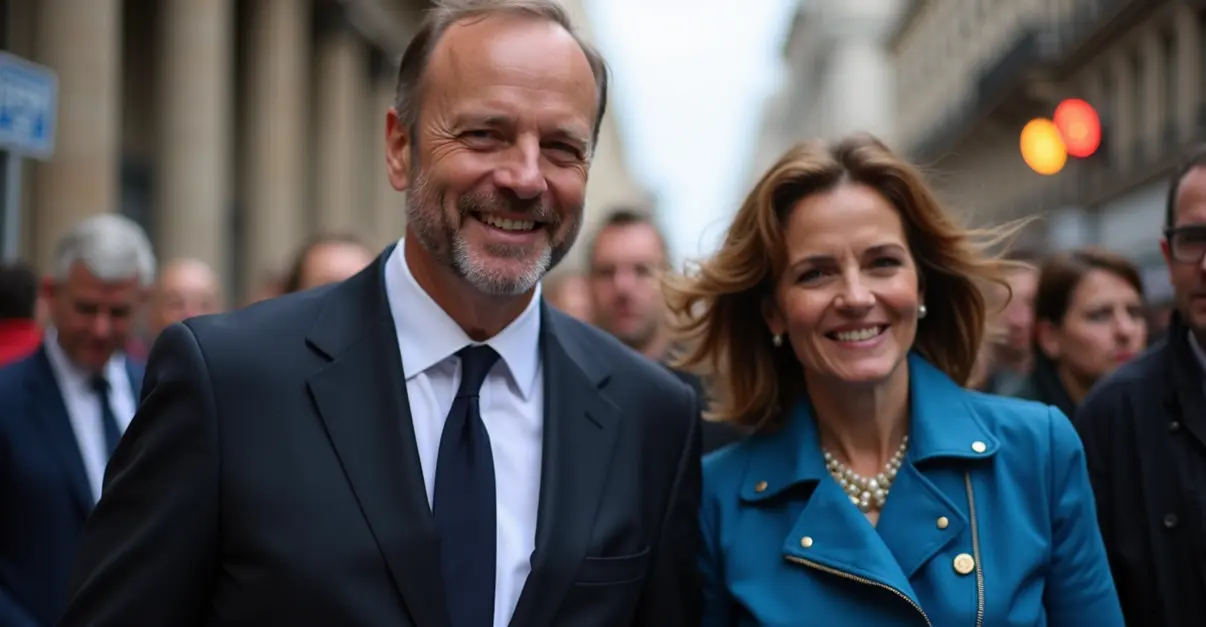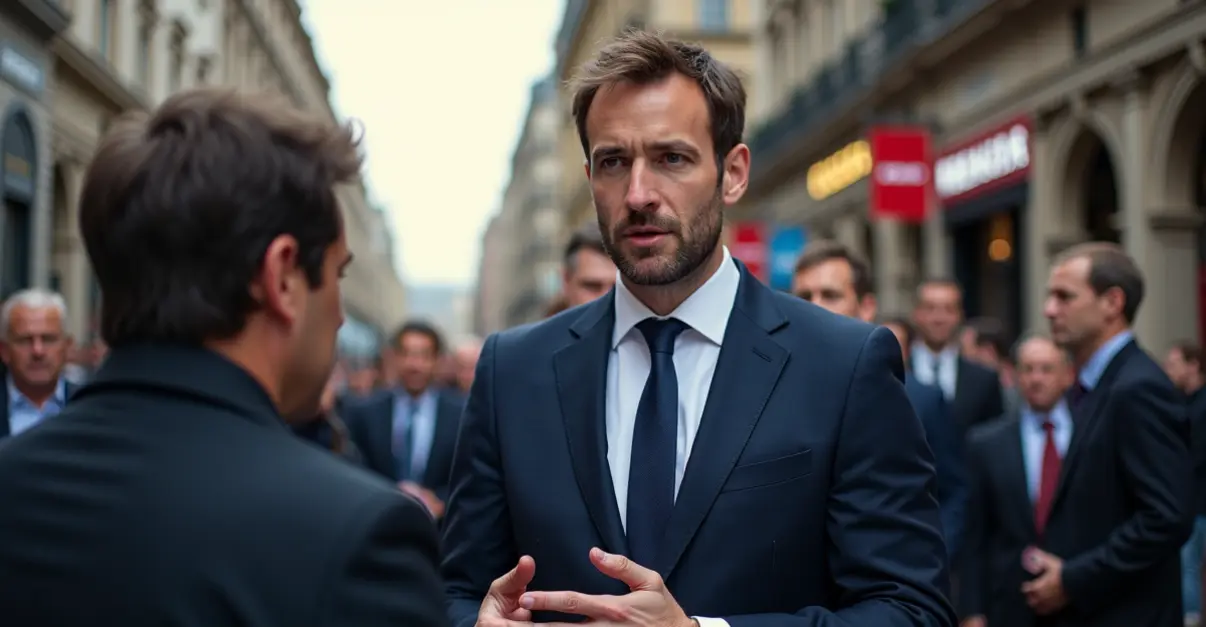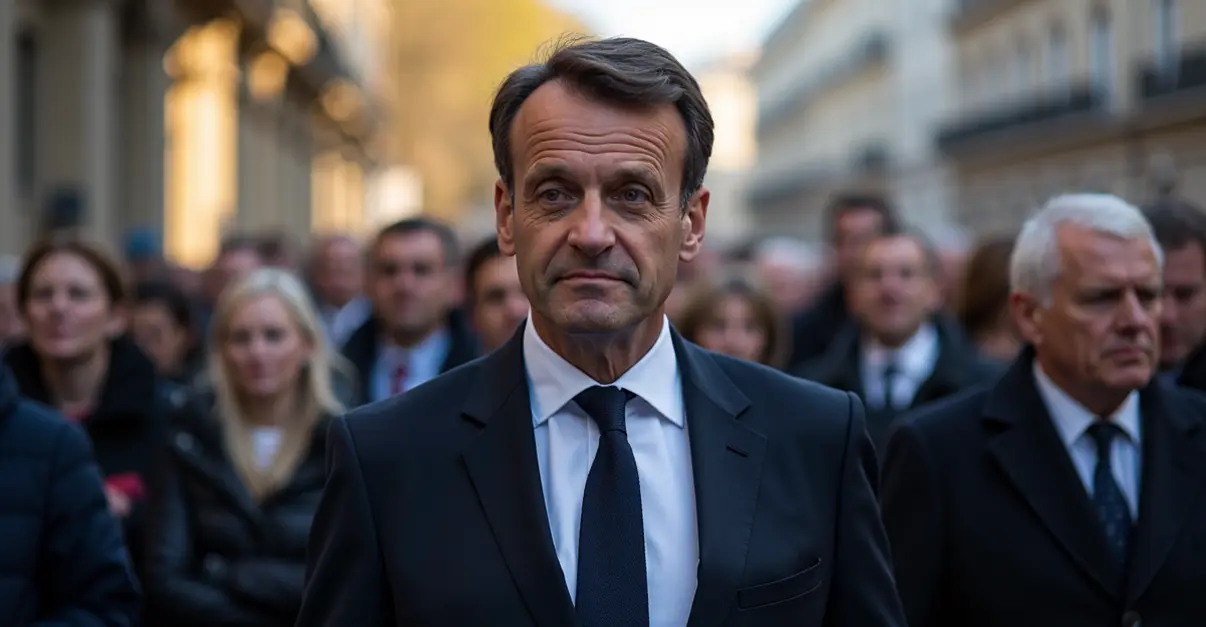French Prime Minister Sébastien Lecornu resigns after just 26 days, marking the shortest premiership in French Fifth Republic history. The resignation deepens France's political crisis amid economic challenges and widespread protests against austerity measures.

Political Turmoil Reaches New Heights in France
France has plunged deeper into political chaos after Prime Minister Sébastien Lecornu resigned just 26 days into his tenure, marking the shortest premiership in the history of the French Fifth Republic. The 39-year-old leader submitted his resignation to President Emmanuel Macron on October 6, 2025, mere hours after unveiling his new government cabinet.
A Government That Never Got Started
The sudden resignation came as a shock to political observers, particularly since Lecornu had just announced his ministerial team the previous evening. 'This comes as a big surprise,' said France correspondent Frank Renout. 'We knew Lecornu had difficulties and that it would be tough for him to govern, but resigning so quickly, just a month after his appointment, is extremely fast.'
The new government composition proved immediately controversial, with twelve of the eighteen appointed ministers coming directly from the previous administration despite Lecornu's promise of a 'break' with the past. This contradiction sparked immediate criticism from parliament and threatened a vote of no confidence.
Roots of the Crisis
Lecornu was appointed on September 9 to replace François Bayrou, who had been ousted by parliament after nine months for failing to secure support for proposed multi-billion euro austerity measures. Bayrou had attempted to address France's towering national debt of over €3.3 trillion through tax increases, but faced parliamentary resistance.
In his resignation speech, Lecornu expressed frustration with the political deadlock. 'There was little needed to make it work,' he stated. 'By being selfless, and showing humility. You must always put your country above your party.'
Economic Pressures and Social Unrest
The political crisis unfolds against a backdrop of severe economic challenges. France currently faces a budget deficit of 5% of GDP - the highest in the European Union - and has been rocked by widespread protests against planned austerity measures. According to France 24, recent demonstrations drew at least 195,000 participants nationwide, with unions demanding an end to spending cuts and reversal of pension reforms.
The financial markets reacted immediately to the political instability, with France's benchmark stock index falling up to 3% and government borrowing costs rising to 3.57%, according to Politico Europe.
Opposition Demands and Limited Options
Jordan Bardella, leader of the far-right National Rally party, criticized Lecornu for being too compliant, suggesting that Macron had actually formed the new government. The opposition parties have presented starkly different solutions to the crisis.
'The left says President Macron should resign himself and that new presidential elections should be called,' explained Renout. 'Le Pen's party, the radical-right RN, says there should be new parliamentary elections. This divided parliament should be sent home, the party believes, so that a stable majority might emerge there.'
Historical Context and Personal Controversy
Lecornu's appointment was already controversial due to revelations that he had provided inaccurate information on his CV, claiming a master's degree in law from the University of Paris that he never completed. This lack of trust from both left and right opposition parties hampered his ability to govern from the outset.
Macron has now had seven different prime ministers since taking office in 2017, with his government consistently operating without a parliamentary majority. The current situation represents the culmination of political instability that began with the 2024 legislative elections, which produced a hung parliament divided between left-wing, centrist, and far-right blocs.
What Comes Next?
President Macron faces limited options: appoint another prime minister and prolong the crisis, call snap elections, or resign himself. Germany has already expressed concern about the situation, emphasizing that a 'stable France' is crucial for European stability, as reported by France 24.
The rapid succession of failed governments - from Michel Barnier to François Bayrou to Sébastien Lecornu - highlights the fundamental governance crisis facing France. With no clear path forward and deepening economic challenges, the country's political future remains uncertain as Europe watches anxiously.

 Nederlands
Nederlands
 English
English
 Deutsch
Deutsch
 Français
Français
 Español
Español
 Português
Português









